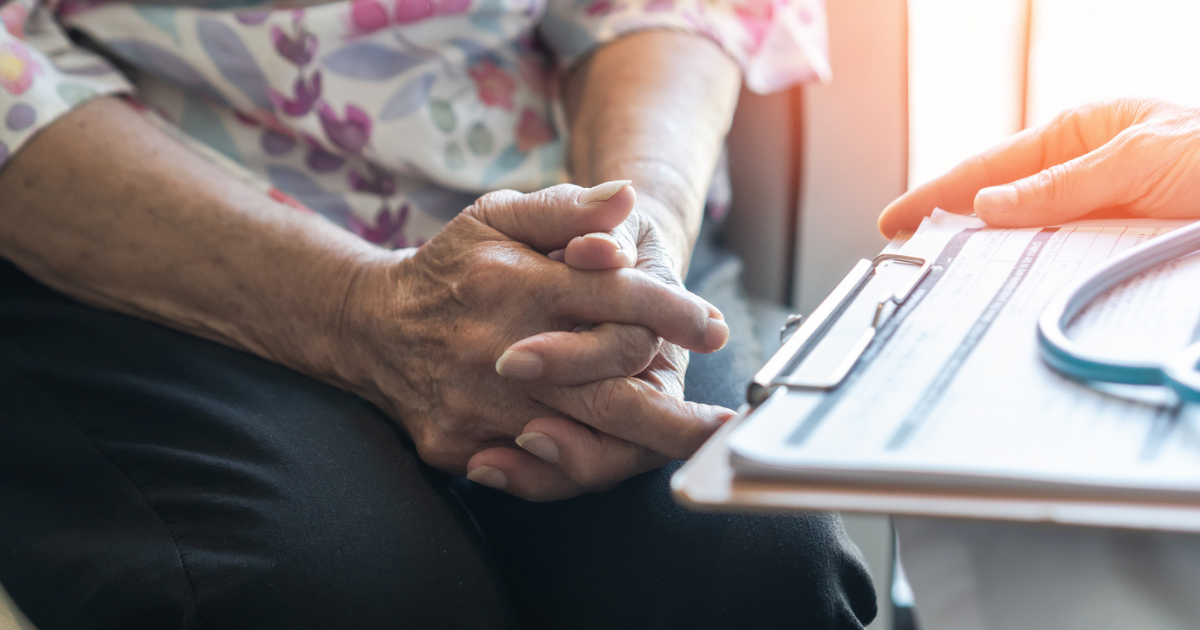
As we age, maintaining brain health becomes essential for a fulfilling and independent life. It affects everything from memory and focus to decision-making and problem-solving. For seniors, understanding how to preserve and improve brain health is the first step toward aging well.
Understanding Brain Health in Seniors
Maintaining brain health helps seniors stay sharp, learn new things, and confidently manage daily tasks.
What Is Brain Health (i.e., Cognitive Health)?
Cognitive health refers to the brain's ability to think, learn, and remember. It includes several parts:
- Memory: Storing and recalling information, like remembering appointments or recognizing familiar faces.
- Attention: Staying focused on tasks or conversations.
- Reasoning: Solving problems, making decisions, and understanding complex ideas.
Several factors influence brain health:
- Aging: It is natural for some memory lapses and slower thinking to occur as we grow older.
- Lifestyle: Diet, exercise, and sleep habits all play a role in keeping the brain healthy.
- Genetics: Family history can impact the likelihood of conditions like dementia, but lifestyle choices still make a difference.
Signs of Normal Aging vs. Cognitive Decline
It is important to note the difference between normal aging and conditions like dementia. Occasional forgetfulness – like misplacing your keys or forgetting a name but remembering it later – is normal.
In contrast, dementia involves more severe symptoms, such as forgetting familiar faces or struggling with basic tasks.
Understanding what is normal and what is not is key to identifying changes in brain health.
Normal Memory Lapses
- Occasionally forgetting a word but recalling it later.
- Misplacing items like glasses or keys but finding them after retracing steps.
- Having difficulty multitasking in busy or distracting environments.
Signs of Cognitive Decline or Dementia
- Frequently forgetting important information, such as recent events or appointments.
- Repeating the same questions or stories within short periods.
- Difficulty following conversations or completing everyday tasks, like cooking or managing finances.
- Getting lost in familiar places or struggling to recognize loved ones.
Check out Memory Care: Signs It May Be Time to Make the Transition and Early Warning Signs of Dementia & Alzheimer’s.
The Importance of Early Detection
Noticing early signs of cognitive decline can make a significant difference. Early detection allows seniors and caregivers to explore treatment options, adapt routines, and plan for the future.
If you or a loved one notice changes in memory or reasoning, it is important to consult a healthcare provider. Services like those offered by Keystone Health can provide assessments, guidance, and resources to support brain health.

Maintaining and Improving Brain Health
Supporting brain health as we age requires thoughtful lifestyle choices, engaging activities, and strategies to manage sleep and stress. Seniors can take proactive steps to preserve mental sharpness and stay active in their daily lives.
The Role of Lifestyle Choices
Everyday choices play a significant role in how well your brain works. Here are three key areas to focus on:
Diet
Eating brain-healthy foods helps support memory and mental clarity. Incorporate:
- Leafy greens, like spinach and kale, which are rich in brain-protective nutrients.
- Berries and other antioxidant-rich fruits to help reduce inflammation.
- Healthy fats, such as those in salmon, nuts, and avocados, to support brain cell health.
For more details, check out The Role of Nutrition in Memory Care.
Exercise
Physical activity is not just for the body. It benefits the brain, too.
- Regular exercise increases blood flow to the brain, improving memory and focus.
- Simple activities make a big difference. Try out walking, yoga, or light aerobics.
Read The Many Benefits of Exercise for Older Adults and Exercises for Seniors for more information.
Social Engagement
Staying socially connected helps combat loneliness and isolation, which are linked to cognitive decline. Seniors can stay engaged by:
- Joining a club or group.
- Volunteering.
- Maintaining regular contact with friends and family.
For more about social activities, read Living Independently in Idaho: Activities for Seniors and Elderly Wellness Programs in Idaho.
Brain-Boosting Activities and Games
Engaging in memory games keeps the mind sharp and improves cognitive health. Here are a few ideas:
- Memory tray game: Place several items on a tray, study them, and try to recall as many as possible after removing them.
- Word puzzles and trivia: Crosswords, word searches, and trivia challenges help improve problem-solving and memory skills.
- Digital brain games and apps: Apps like Lumosity and Peak offer interactive games designed to improve focus, memory, and critical thinking.
Explore The Best Cognitive Exercises to Improve Memory and Focus in Seniors for a deeper dive.
Sleep and Stress Management
Both quality sleep and stress management are important for maintaining mental clarity.
Sleep
Sleep allows the brain to consolidate memories and recharge for the day ahead. Seniors should aim for 7–8 hours of uninterrupted sleep. Tips for better sleep include:
- Sticking to a consistent bedtime.
- Creating a relaxing pre-sleep routine, like reading or meditating.
- Avoid caffeine or heavy meals in the evening.
For more ideas, read Sleep Tips for Seniors.
Stress Management
Chronic stress will impair memory and focus over time. Seniors can manage stress by:
- Practicing mindfulness or meditation.
- Taking breaks to engage in hobbies like gardening or painting.
- Talking to friends or joining a support group for emotional connection.
Creating a Long-Term Cognitive Health Plan
A cognitive health plan can help seniors stay sharp and manage changes that come with aging. Collaborating with healthcare providers, establishing consistent habits, and knowing when to seek additional support are key to building a strong foundation for brain health.
Collaborating with Healthcare Providers
Professional support plays a vital role in assessing and maintaining cognitive health.
- Assessments: Healthcare providers evaluate memory, focus, and other functions to establish a baseline and identify areas of concern.
- Personalized plans: Providers like Keystone Health create custom plans for seniors. These plans can include brain exercises, diet tips, and activity schedules to support mental wellness.
- Ongoing support: Regular check-ins with a provider help track progress and adjust plans as needed.
Establishing Daily Habits for Mental Wellness
Simple, actionable routines make a significant difference in brain health.
- Start the day with a mental activity like a crossword puzzle or memory game.
- Include regular physical activity, such as a morning walk or yoga session, to boost blood flow to the brain.
- Schedule social interactions, whether a weekly phone call with a loved one or participation in a local group.
Read Creating a Mental Wellness Plan for Seniors for a deeper look.

When to Seek Additional Support
As memory and brain changes progress, some seniors require additional care. Here are some signs that it is time to seek memory care or dementia services:
- Frequent confusion, trouble with daily tasks, or noticeable memory loss could mean it’s time for extra help.
- If a senior forgets loved ones, struggles with basic self-care, or gets lost in familiar places, memory care services will provide specialized help.
Keystone Health’s Approach to Senior Cognitive Health
Keystone Health helps seniors and their families manage brain health with these services:
- In-Home Health Services: Our team provides primary care directly in the comfort of your home so seniors receive personalized medical attention without traveling.
- Memory Care Options: We offer specialized treatment and support for individuals with dementia and Alzheimer's, focusing on managing symptoms like memory loss and confusion.
- Support for Families and Caregivers: Keystone Health provides resources and education to empower families, helping them understand and manage the challenges associated with cognitive decline.
By partnering with Keystone Health, seniors and their caregivers will access compassionate, expert care designed to promote long-term brain health and overall well-being.
The Path to Better Brain Health for Seniors
Keeping the brain healthy is key to preserving mental sharpness and improving quality. By adopting a brain-healthy lifestyle, engaging in stimulating activities, and seeking professional guidance, seniors can confidently navigate the aging process.
